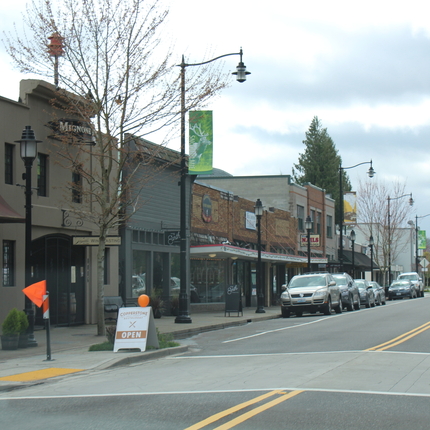The economic crisis brought on by COVID-19 threatens the long-term prosperity of small businesses in our communities. The initial government action falls short of what our communities need.
The CARES Act, signed into law on March 27, 2020, included $500 billion for relief to big corporations and $377 billion for relief to small businesses.
We are concerned that relief for small businesses will not reach the smallest employers who make up a disproportionate share of employment in rural America. $350 billion is allocated to a new Small Business Administration (SBA) loan program called the Paycheck Protection Program (PPP). The program will run through traditional bank lenders. Loan proceeds spent on maintaining payroll, rent or mortgage payments, and utilities will be eligible for forgiveness.
At the time of this writing, SBA announced that the PPP had reached the maximum loan limit authorized by Congress, just 14 days after small businesses were first able to apply. Congress was debating a proposal to add additional money to the program.
The program is good, in theory. In reality, accessing the program will be challenging for many. The smallest businesses with the least staff capacity and the least financial reserves will have the most difficult time.
Larger small businesses with more capital, existing bank relationships, prior experience with the SBA 7(a) guaranteed loan program, and more capacity to meet and document the requirements for loan forgiveness will have an easier time securing the relief.
Furthermore, banks are compensated for placing PPP loans through a percentage fee on each loan. By structuring compensation in this way, Congress incentivized banks to close the largest PPP loans, and deincinetivied attention to the smallest businesses.
Policymakers could have chosen a more simple pathway to get cash to small businesses to support their payroll. For instance, utilizing a refundable credit run through the payroll tax system would have reached all businesses who pay any payroll tax much faster and with less work on the part of the businesses. Relief could have been delivered with much less disruption to people and communities.
The difference is not about cost, but rather about priorities. In choosing to support small businesses through a brand new and likely complex program, policymakers slowed relief and raised the bar to access it.
Those in power may actually prefer the disruption and upheaval. The shuttering of small businesses simply means a larger market share for large businesses that will escape the crisis without shuttering their doors. For instance, Amazon reportedly sees coronavirus as a market opportunity to seize even more of the grocery market.
The current approach is not economically sustainable. The question is whether the approach will remain politically sustainable. That is where our power as everyday rural people rests, and that is where our engagement must be in the months and years ahead.
Paycheck Protection Program
Despite our concerns, the Paycheck Protection Program is currently the most powerful and most generous relief available to small businesses. We encourage all small businesses to evaluate if the program can work for them.
Center staff are available to assist rural Nebraska businesses seeking to apply to the program.
We are also supporting congressional action to make the program more broadly available, including an effort to allow Community Development Financial Institutions to be PPP lenders.
For more information visit: cfra.org/SmallBizEmergencyLoanResources.





